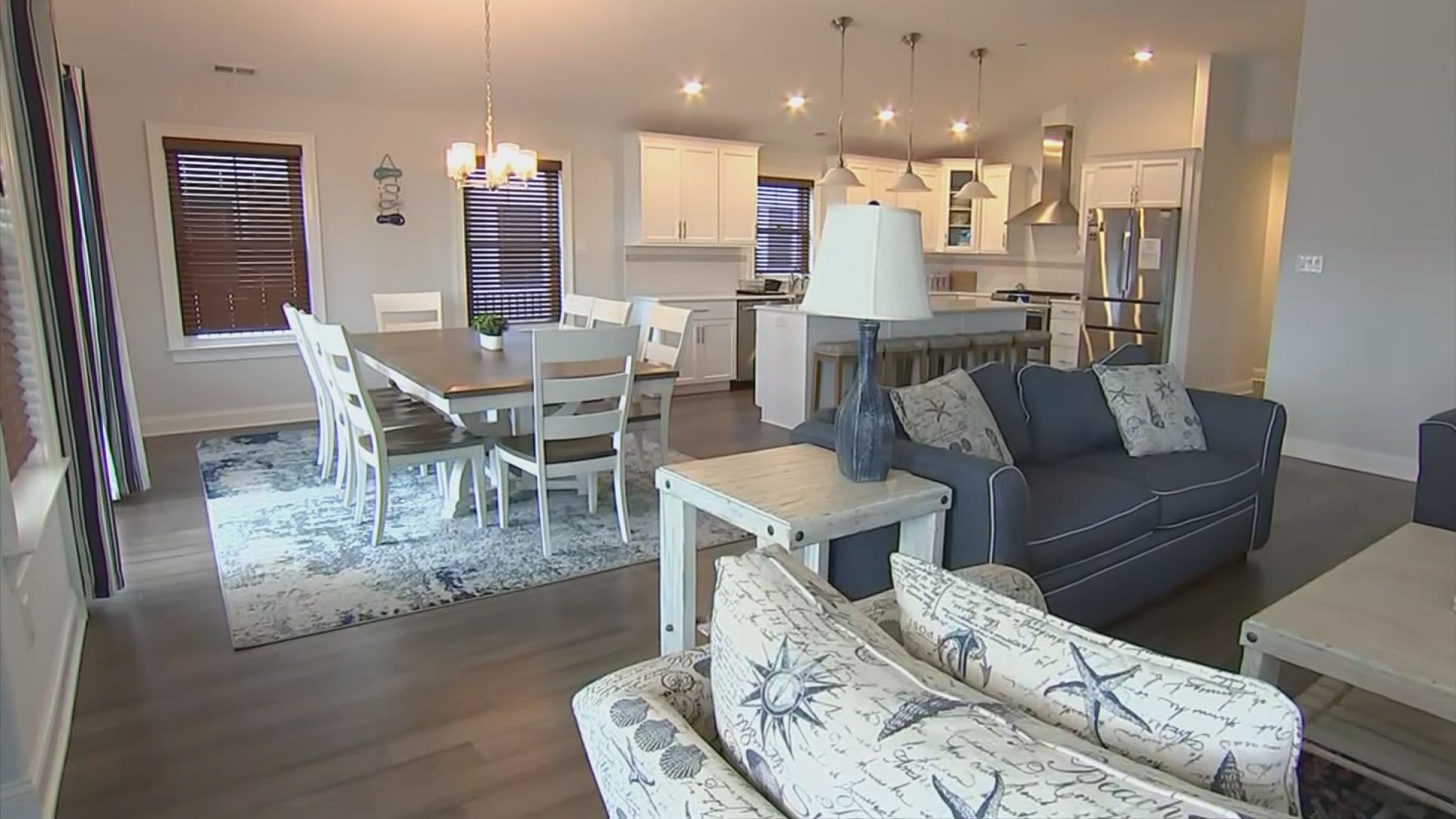Luxury vacation home co-ownership platform Pacaso is attempting to appeal to the masses, as it grows its business during a pricey and competitive phase of the housing market.
The company, which launched in 2020 with multimillion-dollar homes listed for co-ownership, is now introducing thousands more listings with share prices starting as low as $200,000. Previously, shares had been closer to half a million dollars, or higher.
Pacaso lists shares of vacation homes, generally an eighth but sometimes larger shares, and then facilitates the purchase, including financing if necessary. It also furnishes and manages the home, divvying up the owners’ time in the home through an app. It takes fees for both the purchase and the management.
“You can afford a lot more home when you buy one eighth or one quarter of it when compared to purchasing the whole thing, and we’re living in an environment right now where housing affordability is a problem,” said Austin Allison, co-founder and CEO of Pacaso. “Home prices are high, interest rates are high, so it’s really difficult for people to afford the home of their dreams.”
Unlike timeshares in resorts, where consumers buy the time, not the property, Pacaso owners can benefit from the home’s value, which usually goes up over time.
“Our owners who have resold have benefited from about 10% appreciation above and beyond what they paid for the underlying home previously. So the Pacaso shares generally track with the underlying real estate,” said Allison.
Wealthier buyers have been scooping up ski homes in Colorado and beach homes in Hawaii, paying hundreds of thousands of dollars for their shares. Pacaso takes a hefty fee — between 10% and 15% of the value of the home on the front end — associated with aggregating the group of owners, facilitating the transaction, and setting up the co-ownership structure.
Pacaso reached more than $1 billion in revenue last year, the company said.
The company has, however, seen some backlash from communities that liken it to an Airbnb on steroids. There is even a website dedicated to fighting the company, called “Stop Pacaso Now.”
Residents of Sonoma, California, passed an ordinance prohibiting Pacaso from operating in that city. In St. Helena, California, which prohibits timeshares, Pacaso reached a settlement that protects its four homes already there, but the company is not allowed to expand to other properties.
“We operate in more than 40 markets nationwide and in only a handful are we misunderstood,” argued Allison. “Our approach is to work with policymakers and educate them on the facts and benefits. Our belief is that over time this will prevail. It hasn’t worked in Sonoma yet and a small handful of communities who have passed ordinances to resist the model.”
Pacaso is also adding a new suite of services to help primary homebuyers access the home-sharing model. Roughly one-fifth of primary homebuyers last year purchased with either a friend or relative, according to real estate site Zillow.
“People are now using co-ownership as a way to be able to afford houses that they otherwise wouldn’t be able to afford. So, it’s not just happening in the vacation home space,” said Allison.
